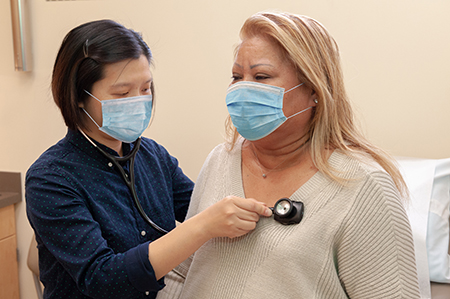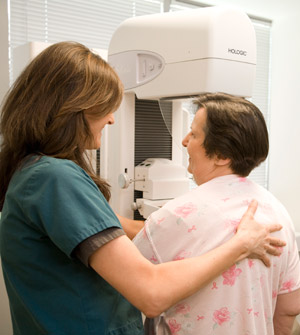Work, commuting, caring for family, household maintenance—the “to-do” list goes on and on. As the list keeps growing, one essential item tends to get pushed aside—taking care of YOU! While it may feel like you need to put yourself second (or third, or fourth), the best thing you can do for your family is
prioritizing your health.
Y:OU Time is a resource to help you take charge of your health and well-being so you can give your loved ones the best of you, and not the rest of you. You aren’t in this alone—Valley Medical Center’s providers are here for you! Our team wants to support you and give you the resources, tools and knowledge to live your best life.



 The first step in taking care of your health is ensuring you have a primary care provider (PCP). Your PCP works with you to improve your health through all life’s stages, while coordinating care with specialty providers as needed.
The first step in taking care of your health is ensuring you have a primary care provider (PCP). Your PCP works with you to improve your health through all life’s stages, while coordinating care with specialty providers as needed.  In addition to your yearly checkup, preventive care is one of your best defenses against disease.
In addition to your yearly checkup, preventive care is one of your best defenses against disease. Healthy living includes regular exercise, eating a balanced and nutritious diet, getting enough sleep and managing stress. But while we know these things are important, sometimes it’s hard to start and maintain healthy habits on our own. This is where Valley Medical Center’s Lifestyle Medicine Center can help.
Healthy living includes regular exercise, eating a balanced and nutritious diet, getting enough sleep and managing stress. But while we know these things are important, sometimes it’s hard to start and maintain healthy habits on our own. This is where Valley Medical Center’s Lifestyle Medicine Center can help. Maintaining emotional and mental strength is essential to your well-being. If you are feeling lonely, anxious, irritable or depresssed, you are not alone!
Maintaining emotional and mental strength is essential to your well-being. If you are feeling lonely, anxious, irritable or depresssed, you are not alone!